What is Skin Whitening?
Skin whitening, also known as skin lightening or skin bleaching, is a cosmetic procedure that aims to lighten areas of the skin or achieve a generally lighter skin tone. It involves the use of products or treatments to reduce the concentration of melanin, the pigment responsible for skin color. People choose skin whitening for various reasons, including addressing uneven skin tone, reducing the appearance of dark spots or hyperpigmentation, or simply desiring a lighter complexion. It is important to approach skin whitening with a clear understanding of the process, potential risks, and ethical considerations, and to prioritize skin health and safety.
How Skin Whitening Products Work
Skin whitening products work by interfering with the production of melanin in the skin. Melanin is produced by specialized cells called melanocytes, and its production is stimulated by the enzyme tyrosinase. Most skin whitening products contain ingredients that inhibit tyrosinase, thus reducing melanin production. Other mechanisms include promoting the shedding of melanin-rich skin cells, or blocking the transfer of melanin to the skin cells. The effectiveness of a product depends on the concentration and type of active ingredients, the skin type, and the frequency of use. Always follow the product instructions and seek professional advice if you have any concerns.
Ingredients to Look for in a Skin Whitening Product

Choosing the right skin whitening product involves understanding the active ingredients and their effects. Many products combine multiple ingredients to target different aspects of the melanin production process. It’s important to choose products with ingredients that are proven effective and safe for your skin type. Some popular ingredients include:
Hydroquinone
Hydroquinone is a potent skin-lightening agent that works by inhibiting tyrosinase. It is often used to treat conditions like melasma and post-inflammatory hyperpigmentation. Hydroquinone is available in varying concentrations, and its use should be supervised by a dermatologist due to potential side effects. While effective, it can cause skin irritation and increased sun sensitivity. It’s crucial to use it as directed and with sun protection.
Retinoids
Retinoids, derived from Vitamin A, not only increase cell turnover, helping shed off pigmented skin cells, but also aid in the even distribution of melanin. They are effective in treating acne and reducing the appearance of dark spots and wrinkles. Retinoids can cause initial irritation and increased sun sensitivity, so they are often used at night. Always follow the directions and consult with a dermatologist to determine the right concentration for your skin type. Using sunscreen is non-negotiable when using retinoids.
Vitamin C
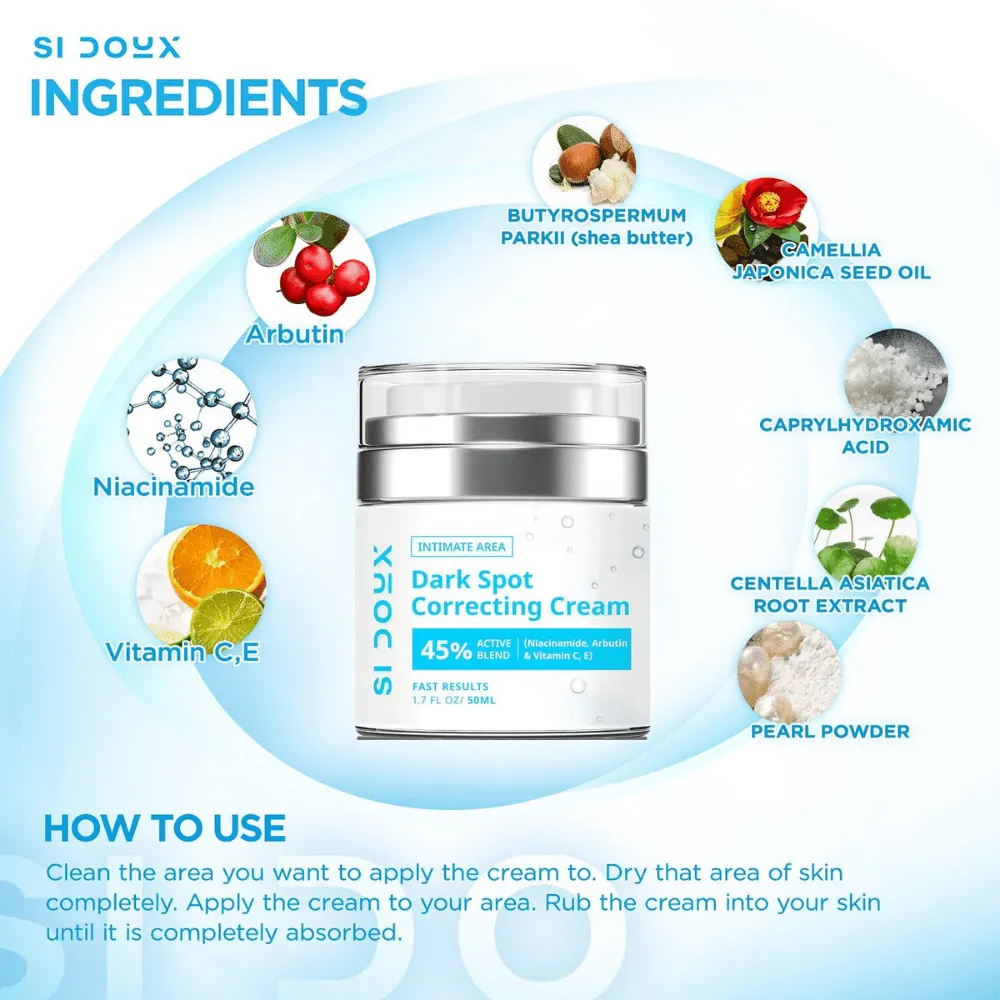
Vitamin C is a powerful antioxidant that brightens the skin and reduces hyperpigmentation. It inhibits melanin production and protects the skin from free radical damage caused by sun exposure. Vitamin C serums are popular and generally well-tolerated, but can cause irritation in sensitive skin. Vitamin C is most effective when used in the morning, under sunscreen, to provide additional protection against sun damage.
Niacinamide
Niacinamide, a form of vitamin B3, is effective in reducing hyperpigmentation and improving skin tone and texture. It inhibits melanin transfer to skin cells and has anti-inflammatory properties. Niacinamide is generally well-tolerated and can be incorporated into various skincare products. It helps in reducing skin irritation, improving skin elasticity, and reducing enlarged pores, making it a great choice for those with sensitive skin looking for skin-lightening options.
Kojic Acid
Kojic acid, derived from fungi, is used to lighten skin by inhibiting melanin production. It’s often used to treat sun damage, scars, and age spots. Kojic acid can cause skin irritation and increased sun sensitivity, so it’s essential to use it cautiously. It’s typically found in creams, serums, and soaps, and it is recommended to start with a low concentration to test your skin’s tolerance. Always wear sunscreen while using products with kojic acid.
Different Types of Skin Whitening Products
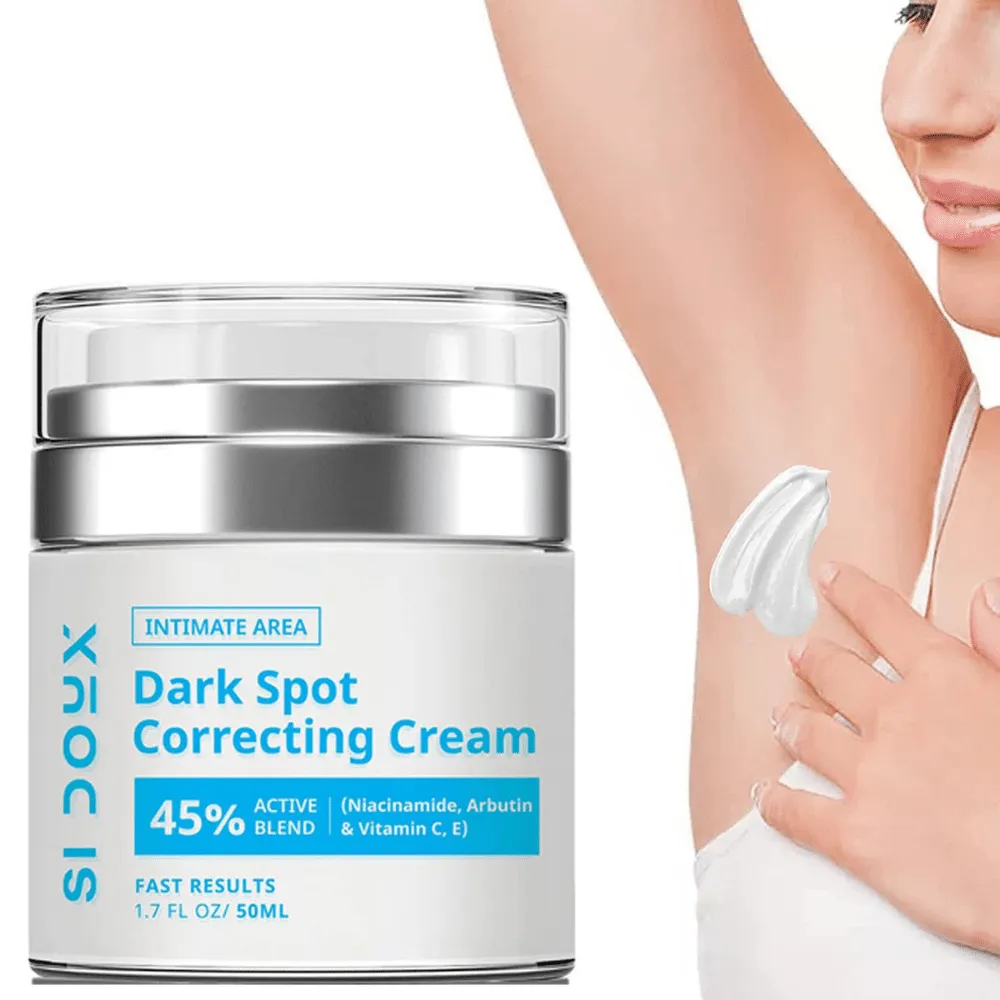
Skin whitening products are available in various forms, each with its own benefits and drawbacks. The choice depends on your skin type, the area to be treated, and your personal preferences.
Creams and Lotions
Creams and lotions are common skin whitening products that are easy to apply and widely available. They often contain a blend of active ingredients, such as hydroquinone, retinoids, or vitamin C. Creams and lotions are suitable for treating larger areas of the body. However, the effectiveness can vary depending on the concentration of active ingredients and the product’s formulation. It is crucial to follow the instructions and use sunscreen during the day.
Serums
Serums are lightweight formulations that deliver concentrated active ingredients directly to the skin. They are often used to target specific skin concerns, like dark spots or uneven skin tone. Serums usually contain a high concentration of ingredients like vitamin C, niacinamide, or kojic acid. Serums can penetrate the skin more effectively than creams or lotions. It is recommended to apply serums under a moisturizer and always use sunscreen during the day.
Soaps and Cleansers
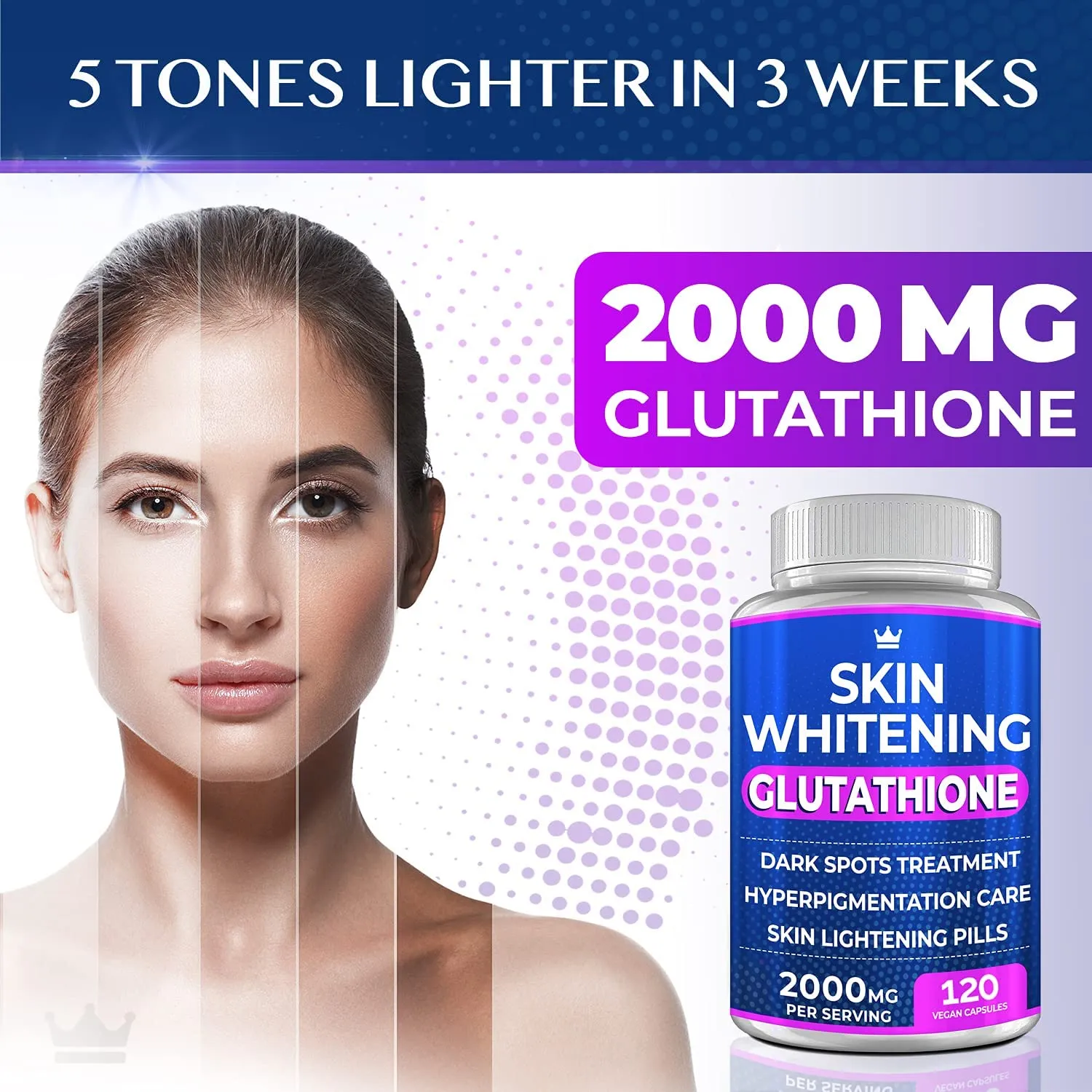
Soaps and cleansers containing skin-whitening ingredients are used to cleanse the skin while promoting a brighter complexion. These products typically contain ingredients like kojic acid or licorice extract. However, their effect is often limited because the ingredients are washed off quickly. Regular use can contribute to skin lightening, but the results may be less pronounced compared to leave-on products. They can be used in conjunction with other skin-whitening products.
Oral Supplements
Oral supplements containing ingredients like glutathione or vitamin C are marketed for skin whitening. They work internally to reduce melanin production and protect the skin from damage. However, the effectiveness of oral supplements can vary. It is important to note that oral supplements can interact with other medications, so consult a healthcare professional before use. Always follow the recommended dosage, and be aware that results are not always guaranteed.
Factors to Consider When Choosing a Skin Whitening Product
Choosing the right skin whitening product requires careful consideration of several factors. These factors ensure that you choose a product that is safe and effective for your skin.
Skin Type
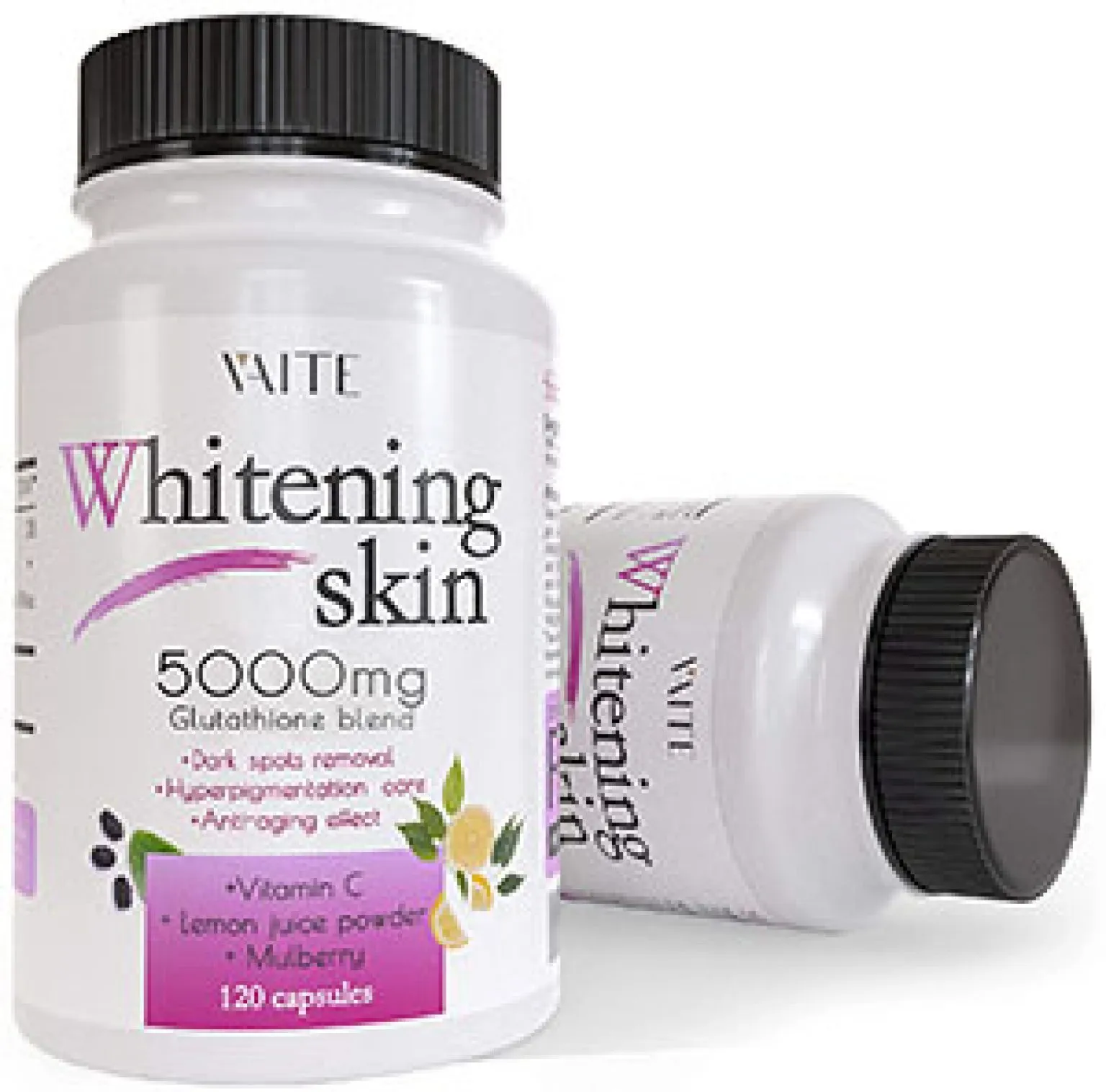
Your skin type (dry, oily, combination, or sensitive) significantly impacts the choice of skin-whitening products. Products containing strong ingredients can irritate sensitive skin, while richer formulations may be better for dry skin. Oily skin may benefit from lightweight serums or gels. Always perform a patch test to check for any adverse reactions. Look for products specifically designed for your skin type.
Skin Tone
The desired level of skin lightening also influences your product choice. If you want to treat specific dark spots, you may prefer a product with a higher concentration of active ingredients or a targeted treatment. For overall skin lightening, milder formulations can be considered. Adjust your expectations, and understand that significant changes may require professional treatments. It’s also very important to be realistic about the results.
Desired Results
Consider what you want to achieve. Do you want to target specific spots, lighten overall skin tone, or address unevenness? The goal influences the choice of product and the ingredients to look for. Some products focus on reducing existing dark spots, while others aim to prevent further melanin production. Be clear about your expectations and set realistic goals.
Potential Side Effects
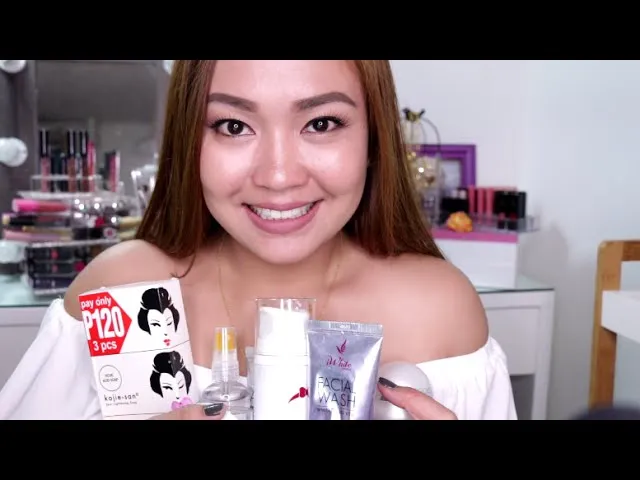
Understand the potential side effects of the active ingredients. Common side effects include skin irritation, redness, dryness, and increased sensitivity to the sun. Some products can cause more serious side effects, such as ochronosis (a bluish-black discoloration of the skin). Always perform a patch test before applying any new product to your entire face or body. If you experience any adverse reactions, stop using the product immediately.
Top Skin Whitening Product Recommendations
Based on the different skin types and goals, here are some general recommendations. Remember to always consult with a dermatologist before trying new products.
Product 1
Product 1 is a highly recommended serum with vitamin C. This serum helps in brightening the skin and it is suitable for sensitive skin and it helps reduce fine lines and dark spots. It can be used in the morning under sunscreen.
Product 2
Product 2 is a cream which has both retinoids and niacinamide. This cream provides intense hydration, reduces the appearance of hyperpigmentation, and improves skin texture. Start with low concentrations and apply at night. Always use it with sun protection.
Product 3
Product 3 is a gentle cleanser with kojic acid and licorice extracts. It is designed to brighten the skin, minimize breakouts, and even out skin tone. This is a great option if you are just starting to lighten your skin. It is gentle and can be incorporated into any routine.
How to Use Skin Whitening Products Safely and Effectively
Using skin whitening products safely and effectively requires careful adherence to instructions and a proactive approach to skin health. Proper usage helps minimize risks and maximize results.
Patch Testing
Before using any new skin whitening product, perform a patch test. Apply a small amount of the product to a discreet area of your skin (such as behind your ear or on your inner forearm). Wait 24-48 hours to check for any signs of irritation, such as redness, itching, or swelling. If you experience any adverse reactions, discontinue use immediately. Patch testing helps prevent widespread allergic reactions and ensures the product is suitable for your skin.
Sun Protection
Sun protection is crucial when using skin whitening products. Many active ingredients increase your skin’s sensitivity to the sun. Always apply a broad-spectrum sunscreen with an SPF of 30 or higher every morning and reapply throughout the day, especially if you’re spending time outdoors. Sunscreen protects your skin from further damage and helps maintain the results of your skin whitening treatments. Incorporating sun protection into your daily routine is non-negotiable.
Following Instructions
Always follow the product instructions carefully. Pay attention to the recommended frequency of use, the amount to apply, and any specific instructions for application. Overuse can lead to irritation and other side effects. Using products as directed ensures optimal results and minimizes risks. If you have any questions about the product use, consult the manufacturer or a skincare professional.
Consistency
Consistency is key to seeing results. Skin whitening products typically require several weeks or months of consistent use to produce visible changes. Incorporate the product into your daily skincare routine and be patient. Do not expect overnight results, and avoid the temptation to over-apply products. Regular use helps to maintain the improvements and address any underlying issues.
Potential Risks and Side Effects
Skin whitening products can pose potential risks and side effects, especially if used improperly or without medical supervision. Awareness of these risks is critical for making informed decisions and protecting your skin health.
Skin Irritation
Skin irritation, including redness, itching, and dryness, is a common side effect. This can occur with many active ingredients, especially hydroquinone and retinoids. If you experience irritation, reduce the frequency of use or discontinue the product and consult with a dermatologist. Always use gentle, hydrating products to soothe and protect your skin.
Uneven Skin Tone
Improper use of skin whitening products can lead to uneven skin tone, or paradoxical hyperpigmentation. This can occur if products are applied inconsistently or if the skin is not properly protected from the sun. Always apply products evenly and protect your skin from sun exposure. If you notice unevenness, seek professional advice to address the issue.
Increased Sun Sensitivity
Many skin whitening ingredients increase the skin’s sensitivity to the sun. This makes your skin more prone to sun damage, including sunburn and further hyperpigmentation. Always use sunscreen daily and take extra precautions to protect your skin from the sun when using skin whitening products. Wear protective clothing and seek shade when possible.
Long-Term Effects
The long-term effects of skin whitening products can include changes to the skin’s structure and function. Prolonged use of some ingredients, especially high-concentration hydroquinone, can lead to ochronosis, a condition where the skin turns bluish-black. It’s important to use these products under medical supervision and avoid prolonged use without breaks. Be mindful of the potential long-term consequences.
Alternatives to Skin Whitening Products
If you are hesitant about using skin whitening products or looking for less invasive options, there are several alternatives.
Chemical Peels
Chemical peels involve applying a chemical solution to the skin to exfoliate and remove damaged outer layers. This can improve skin tone and reduce the appearance of dark spots. Chemical peels come in various strengths, ranging from mild to deep. They are performed by dermatologists or trained professionals. The results can vary depending on the type of peel and the skin condition.
Laser Treatments
Laser treatments use focused light energy to target melanin and reduce hyperpigmentation. Different types of lasers can be used to address various skin concerns. Laser treatments are generally effective but require multiple sessions and can be costly. They must be performed by trained professionals, and they can carry risks such as scarring and pigment changes.
Natural Remedies
Some natural remedies may help to brighten the skin and improve its overall appearance. These include ingredients like lemon juice, turmeric, and aloe vera. However, these remedies are often less potent than commercial products and may take longer to produce visible results. Always perform a patch test before applying any natural remedy to your skin, and be aware of potential side effects.
Conclusion
Choosing the best skin whitening product involves careful consideration of ingredients, skin type, and potential risks. Consulting with a dermatologist is recommended to ensure the safety and effectiveness of any chosen treatment. Whether you opt for creams, serums, or other options, prioritize sun protection and consistency. Understanding your skin’s needs and using products responsibly will help you achieve the desired results while maintaining healthy, radiant skin. Always focus on a safe and informed approach to skincare.
